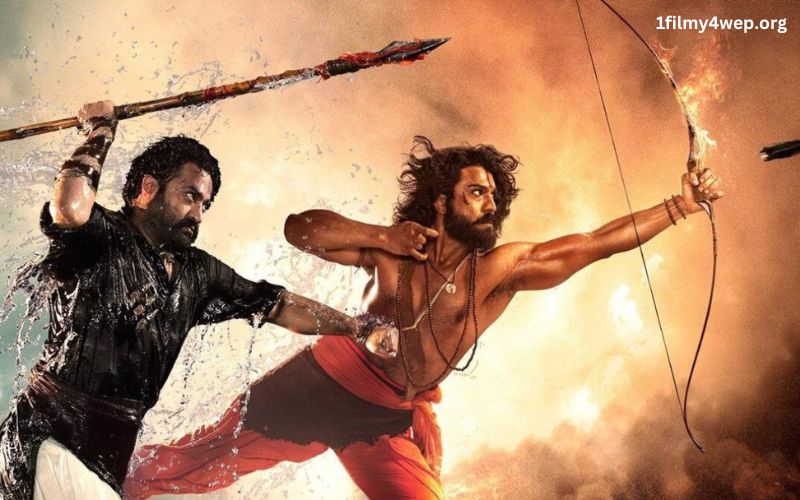Alluri Sitarama Raju, a revered figure in the history of the Indian freedom struggle, was a courageous and influential revolutionary who played a pivotal role in the fight against British colonial rule in the early 20th century. His unwavering commitment to the cause of Indian independence and his daring acts of rebellion have cemented his legacy as a true hero of the nation.
Early Life and Background of Alluri Sitarama Raju
Alluri Sitarama Raju was born on July 4, 1897, in the village of Pandrangi, Andhra Pradesh, to a family with a strong lineage of social and political activists. From a young age, he was exposed to the realities of colonial oppression and the growing resistance movement against it. His early life was marked by a deep sense of patriotism and a burning desire to fight for the freedom of his beloved country.
Alluri Sitarama Raju’s Role in the Indian Freedom Movement
As he grew older, Alluri Sitarama Raju became increasingly involved in the Indian freedom struggle. He joined the Non-Cooperation Movement initiated by Mahatma Gandhi and actively participated in various acts of civil disobedience. However, he soon grew disillusioned with the non-violent approach and decided to take a more direct and confrontational stance against the British.
Alluri Sitarama Raju’s Famous Acts of Rebellion
Alluri Sitarama Raju became known for his daring and audacious acts of rebellion. He organized a series of armed uprisings against the British, targeting police stations, armories, and other symbols of colonial power. His most famous act was the Rampa Rebellion, which lasted from 1922 to 1924 and saw him lead a band of tribal warriors in a fierce and prolonged battle against the British forces.
Imprisonment and Martyrdom of Alluri Sitarama Raju
Alluri Sitarama Raju’s acts of rebellion eventually led to his capture and imprisonment by the British authorities. He was sentenced to death and was executed by firing squad on May 7, 1924, at the young age of 27. His martyrdom only served to further inspire the Indian people in their quest for independence.
Legacy and Contributions of Alluri Sitarama Raju
Alluri Sitarama Raju’s legacy continues to be celebrated and revered in India, particularly in his home state of Andhra Pradesh. He is remembered as a fearless and principled revolutionary who was willing to sacrifice everything for the sake of his country’s freedom. His contributions to the Indian freedom movement have been recognized and honored through various memorials, statues, and festivals.
Popular Quotes by Alluri Sitarama Raju
Alluri Sitarama Raju’s words and actions have left a lasting impact on the Indian psyche. Here are some of his most famous quotes:
- “Freedom is not given, it is taken.”
- “I would rather die on my feet than live on my knees.”
- “The only way to end colonial rule is through armed struggle.”
Books and Movies Inspired by Alluri Sitarama Raju
Alluri Sitarama Raju’s life and legacy have inspired numerous books, films, and other works of art. Some notable examples include the novel “Mala Pandu” by Yaddanapudi Sulochana Rani and the upcoming biopic “Alluri” starring Ram Charan.
Alluri Sitarama Raju’s Impact on Telugu Culture and History
Alluri Sitarama Raju’s influence on Telugu culture and history cannot be overstated. He is revered as a folk hero and his story has been passed down through generations, inspiring countless individuals to fight for their rights and stand up against oppression. His legacy continues to shape the cultural and political landscape of Andhra Pradesh and the broader Telugu-speaking region.
Conclusion
Alluri Sitarama Raju’s life and legacy serve as a powerful reminder of the sacrifices and struggles that were necessary to secure India’s independence. His unwavering commitment to the cause of freedom and his willingness to take up arms against the colonial authorities have made him a true hero in the eyes of the Indian people. As we reflect on his life and contributions, we are reminded of the importance of standing up for our rights and fighting for a better future for all.


I love your blog.. very nice colors & theme. Did you create this website yourself or did you hire someone to do it for you? Plz respond as I’m looking to design my own blog and would like to find out where u got this from. thank you